Research on compliance of schools with Vermont’s Act 1 child sexual abuse education mandate.
Preventing Child Sexual Abuse: Educators' Perspectives on School-Based Curricula in Vermont
June 1, 2022
French, Kate; Giangregorio, Luke; Glessner-Fischer, Annie; Kramer, Zach; Little, Kassondra; Rzemien, Matt; Song, Paige; Wyn, Jess; Hambrick, Marcie, PhD, MSW; Delaney, Tom, PhD
Larner College of Medicine at the University of Vermont, Prevent Child Abuse Vermont
Introduction
Child Sexual Abuse (CSA) is associated with longitudinal repercussions in academic performance as well as physical and psychological health outcomes. 1
Act 1, enacted in 2009, aimed to decrease CSA through school-based curricula. It requires each district to have organized training on CSA for its employees and lessons for students at every grade level. 2
School-based curricula is considered the best setting for prevention because of access to students, especially lower socioeconomic families where risk of CSA is 3-fold. 3
Implementation challenges include lack of funding, vague guidelines, no enforcement, and others.
This qualitative study surveyed Vermont schools to evaluate how local districts met (or plan to meet) the mandate, how they addressed obstacles and how effective they consider their program to be. 1,3,4,5
Methods
Individuals involved with CSA prevention programs at six VT schools (pre-K to 8th grade) were interviewed
Interviews addressed 1) efficacy of CSA prevention program in use, 2) parental involvement, and 3) general thoughts
Interview transcripts coded to identify key terms, concepts, and beliefs
Thematic analysis used to identify minor and overarching themes based on codes Results –Qualitative Themes & Quotes From VT Educators
Act 1 Compliance
"Conversations with kids, role playing, connections with parents and caregivers...sending notes home to parents first, follow up work from what they did in class, practicing conversations."
Time Intensive
"I think the fact that we don't have a health teacher is a huge [barrier]...it wasn't even clear that [sexual education] was something I was responsible for teaching as part of my position...I don't have classroom training for it either."
Cost
"If you had to buy [the curriculum] with your own budget, it could take years to get it all. It should be: 'Here's something, it's free, take it'...I think if there was something free, more people would do it."
Parental Involvement
"I have never had any feedback on [the sexual abuse prevention program].The only parental feedback I've ever had about health class in general is that families would like more of it."
Discussion
This study explored how six Vermont school districts have incorporated CSA education in response to Act 1.
Many programs address inappropriate behavior, standing up for yourself, basic sexuality and fear of speaking out.
Shared obstacles for these schools included:
Time:
Time restriction in student and educator schedules
Financial Strain:
The cost of purchasing an effective program and hiring staff to teach it. If schools cannot purchase curricula, existing staff have to create lesson plans to comply.
Lack of Parental Involvement:
Parents are made aware of the curriculum via letter, and overwhelmingly support it, but generally remain disconnected from its implementation.
Recommendations:
A state-sponsored and standardized curriculum that is relatable for students and regularly updated
Strict specifications for who should teach the curriculum
Clarity on the parental and/or community involvement
"I would like to see something from the state level that outlines what's expected from schools and provides a standardized training program...As much as it’s a requirement... it's not communicated very well from the state level."
References
1 Topping KJ, Barron IG. School-Based Child Sexual Abuse Prevention Programs: A Review of Effectiveness. Review of Educational Research. 2009;79(1):431-463.
2 VT ACT001 –State of VT Sexual Violence Prevention Legislation
3 Prinz, Ronald J. Parenting and family support within a broad child abuse prevention strategy: Child maltreatment prevention can benefit from public health strategies, Child Abuse & Neglect, Volume 51, 2016, Pages 400-406.
4 Prikhidko, Alena; Kenny, Maureen C. Examination of parents’ attitudes toward and efforts to discuss child sexual abuse prevention with their children, Children and Youth Services Review, Volume 121, 2021.
5 Fieldman, J. P., & Crespi, T. D. (2002). Child sexual abuse: Offenders, disclosure, and school-based initiatives. Adolescence, 37(145), 151-60.

